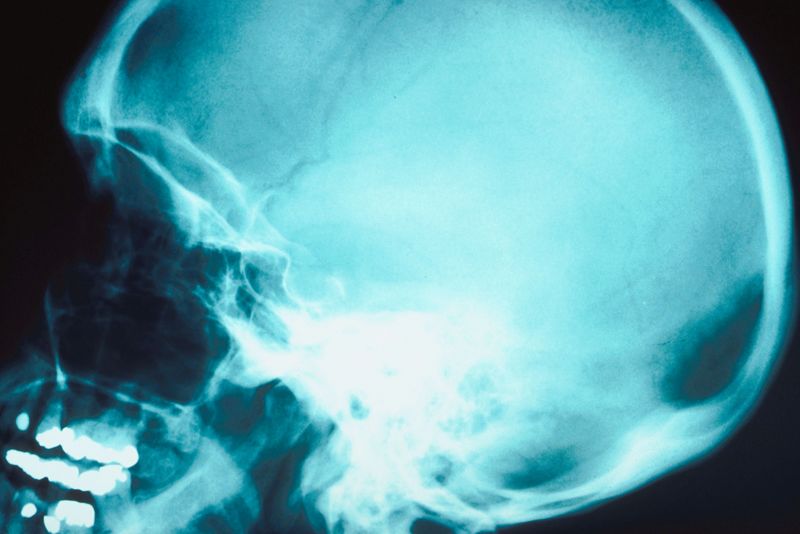
MONDAY, June 11 (HealthDay News) — Changes in walking speed among older adults may indicate the early stages of a type of dementia called mild cognitive impairment, researchers say.
Their study included 93 people, aged 70 and older, who lived alone. Of the participants, 54 had no cognitive impairment, 31 had so-called non-memory-related mild cognitive impairment and eight had memory-related mild cognitive impairment.
Special infrared sensors were installed in hallway ceilings of the participants’ homes to monitor their walking speed over a three-year period. People with non-memory related mild cognitive impairment were nine times more likely to be slow walkers than moderate or fast walkers.
The researchers also found that the amount of fluctuation in walking speed also was associated with mild cognitive impairment.
The study is scheduled to be published June 12 in the journal Neurology.
“Further studies need to be done using larger groups of participants to determine whether walking speed and its fluctuations could be a predictor of future memory and thinking problems in the elderly,” study author Hiroko Dodge, of Oregon Health and Science University in Portland, said in a journal news release.
“If we can detect dementia at its earliest phases, then we can work to maintain people’s independence, provide treatments and ultimately develop ways to prevent the disease from developing,” Dodge said.
The study was supported by both the U.S. National Institutes of Health and the Intel Corporation.
More information
The Alzheimer’s Association has more about mild cognitive impairment.

